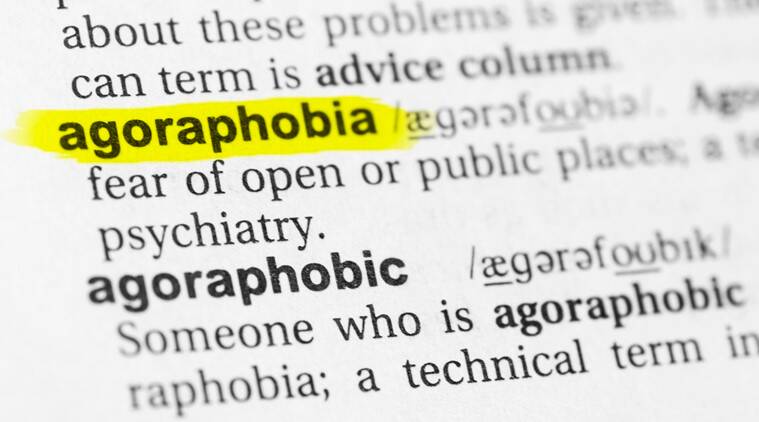
It's okay to be nervous from time to time, such as being caught off guard by the news, or when you're going through a major or radical change, but it can also be a warning sign of an underlying mental or physical condition. If you are often overly agitated for no particular reason, talk to your doctor about it.
Intense agitation that lasts more than four days or makes you anxious about whether you are losing control may indicate a more serious mental illness such as bipolar disorder, obsessive-compulsive disorder, post-traumatic stress disorder, or even depression. These conditions often lead to insomnia, rapid weight loss, and severe headaches.
If you find yourself constantly worried and annoyed, it could be caused by panic disorder, generalized anxiety disorder, agoraphobia, phobias, or obsessive-compulsive disorder. Panic disorder is usually diagnosed when a person is constantly worried about going insane or dying, while generalized anxiety disorder is usually defined by persistent and unnecessary worries about things like money or job safety. Agoraphobia is another common form of anxiety disorder, as it involves the fear of being trapped in a car, in a hotel room, or in an accident.
Obsessive-compulsive disorder is characterized by repetitive behaviors that include the inability to stop performing a particular action, obsessive thoughts, and irrational fears. These obsessions and compulsions prevent the patient from functioning normally, and they often take over the daily routine. For example, if a person is consistently late for work every day, they may repeatedly check their email or car to make sure they are not late for the bus or train. When the obsessive-compulsive state becomes too severe, the patient may have trouble concentrating at school, at work, and even in social life.
Some people with anxiety have an unrealistic and irrational fear that they will have a heart attack or die. This type of panic disorder can make them feel like they cannot breathe and they can become very sweaty and tense. People who are afraid of death can also develop a fear of death, which makes them worry about how long they have left to live.
People with agoraphobia may lose their sense of taste for food and cannot smell certain foods. Since they cannot distinguish between certain tastes and smells, they can avoid these foods entirely

Anxiety and agoraphobia are often mistaken for each other because they are often confused with each other. However, this condition should be assessed separately. Although panic disorder is often caused by stress, agoraphobic often has many different causes, including extreme fear of death or fear of death.
A doctor can help you solve your problem by assessing your situation and asking you questions about your experience. He or she may suggest trying behavioral therapy, medication, or both.
Behavioral therapy for anxiety and agoraphobia is often used to combat arousal. This treatment helps the patient overcome agoraphobia by making them better understand what is causing it and giving them coping mechanisms that help them deal effectively with it.
The medicine is sometimes prescribed for patients with this condition. Although the cause of agoraphobia is difficult to pinpoint, medications can help relieve symptoms and bring the patient into a more normal and calm state.
Medications for panic attacks and agoraphobia can also be used to control or manage other anxiety disorders, such as generalized anxiety. or panic disorder. Some medications are used in combination with psychotherapy or cognitive behavioral therapy.
Unfortunately, medications don't always work. If left untreated for the cause of agoraphobia or other anxiety disorder, patients may be diagnosed with anxiety disorder again after several years.